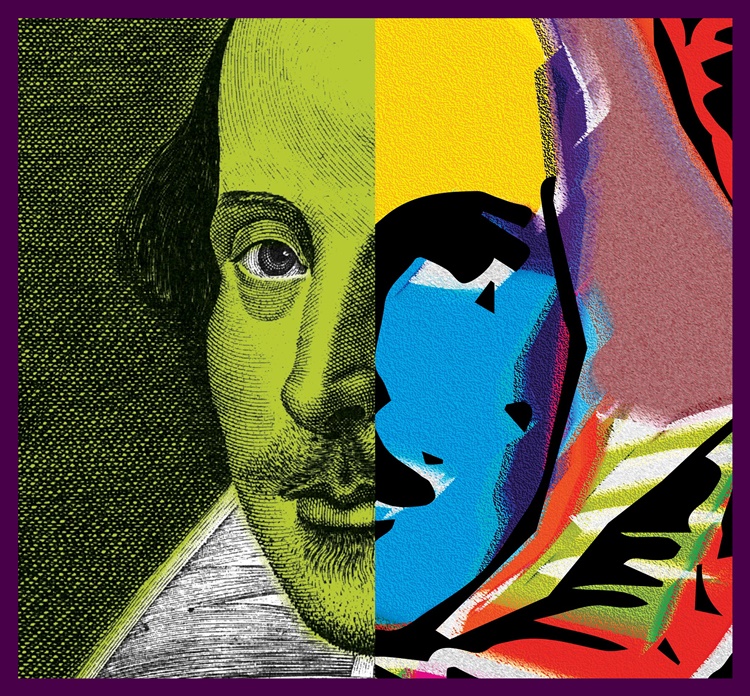The 43rd Annual Ohio Valley Shakespeare Conference
“Shakespeare Nations”
Marietta College (Ohio)
June 28-30, 2019
In addition to the many ways that Shakespeare’s works explore the search for individual identity, the plays and poems also concern themselves with group dynamics: family, friendship, alliance, faction, race, gender, nation, mob. These cohere and collide in early modern literature in ways still relevant to our time. Characters balance their senses of belonging to place and time such as bloodlines and birthplaces against abstract senses such as citizenries and faiths and even these borders are revealed as porous and unstable. They travel to new locales and negotiate the preservation or loss of old identities, with the assumption of or resistance to new ones. As importantly, for centuries, the works of Shakespeare and his contemporaries have inspired imitation/adaptation/incorporation (sometimes rejection) of what they view on stage into their own group identities. In his time, Shakespeare collaborated with and copied from his contemporaries, but after 1660, acting troupes reintroduced his plays into their repertories or adapted them. Today, some actors are designated as purely Shakespearean actors.Travelers become Shakespearean throngs in Verona; immigrants bring with them worlds of culture, influencing and being influenced by what they bring and what they find. But Shakespeare as cultural symbol has been used to foster faction, competition or exclusion of group identity. English speakers become “we few, we happy few.” Curricula commonly require (some do not) the study of Shakespeare. Fans flock to Shakespeare in the Park and wear neckties to their offices striped with witty and knowing quotes. Activist Shakespeareans community-build through their essays and public speeches. Academics form conferences like the OVSC or societies that claim Shakespeare’s work was by someone else.
